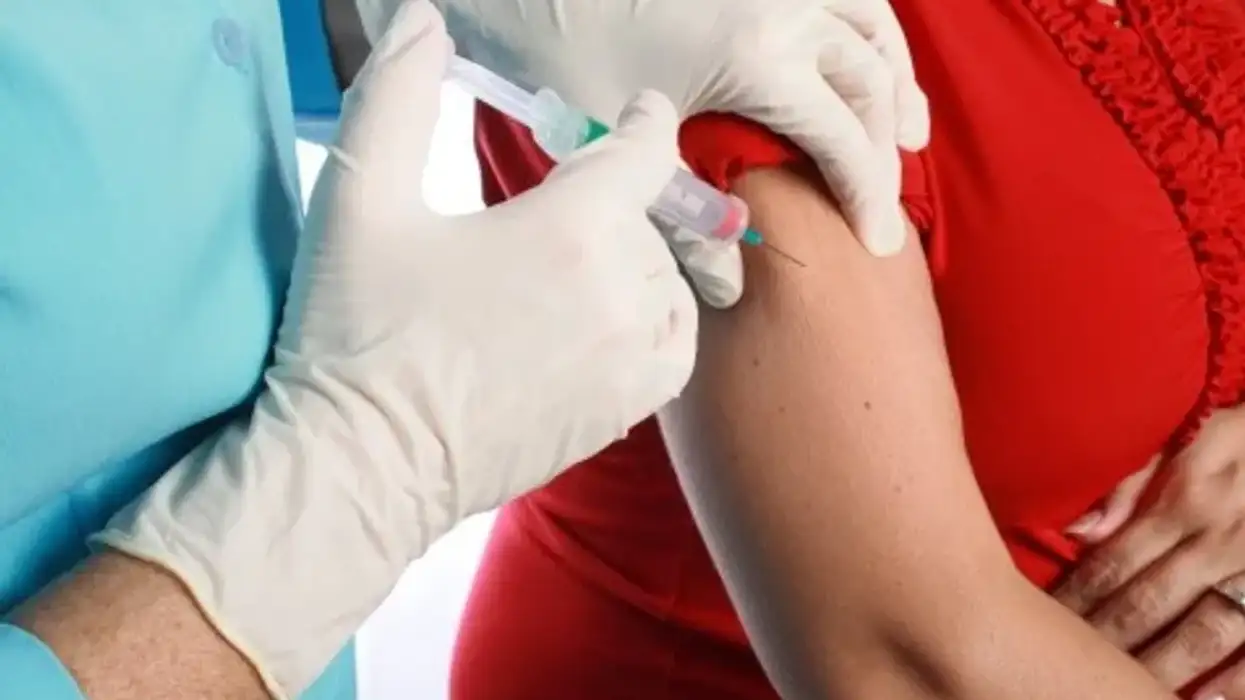The Pharmacists' Defence Association (PDA) has issued an advisory notice to its members regarding the latest amendments made to the Human Medicines Regulations made effective starting 26 June 2024
According to the legislative changes, pharmacy technicians (PTs) can now supply and administer medicines under Patient Group Directions (PGDs) in England, Scotland, and Wales, however Pharmacists' Defence Association (PDA) says it is only in theory.
The defence association has said that practical implementation requires additional steps which under the current service directions and specifications for community pharmacy NHS commissioned services "will likely not permit PTs to work under them".
It will therefore "be premature to offer specific operational advice to pharmacists involved in the delivery of current community pharmacy NHS commissioned services, involving PGDs" as these are subject to negotiation and necessitate amendments.
PDA has informed its members that these changes should be expected from the respective country pharmacy negotiating bodies in due course.
Advising its members that current NHS commissioned services involving PGDs stipulate that only pharmacists can deliver these services, the association has reiterated key principles regarding PGDs.
A PGD is a legal mechanism allowing the supply of certain prescription-only medicines (POMs) without a prescription.
The PDA highlighted two crucial components of safe medicines supply identified during the Department of Health and Social Care (DHSC) consultation on supervision in community pharmacy:
- Preparation, Assembly, Sale, and Supply of Medicines: These activities, which include an accuracy check, can be undertaken by registered pharmacy technicians.
- Clinical Assessment: This task is reserved solely for pharmacists due to their comprehensive training and qualifications.
The PDA underscored that PGDs typically require "a clinical assessment" to establish a diagnosis, ensure the correct PGD is chosen, and address "potential interactions with complex polypharmacy regimes or co-morbidities".
Unlike the dispensing process, PGDs cannot be segmented into smaller tasks.
They are designed to be delivered as a single episode of care by one person.
"Consequently, when the patient safety consideration logic on medicines supply carries through to PGDs it dictates that only pharmacists should be delivering any PGD that involves an element of clinical assessment," the notice stated.
Moreover, these changes do not apply to Northern Ireland, where pharmacy technicians are not regulated.












